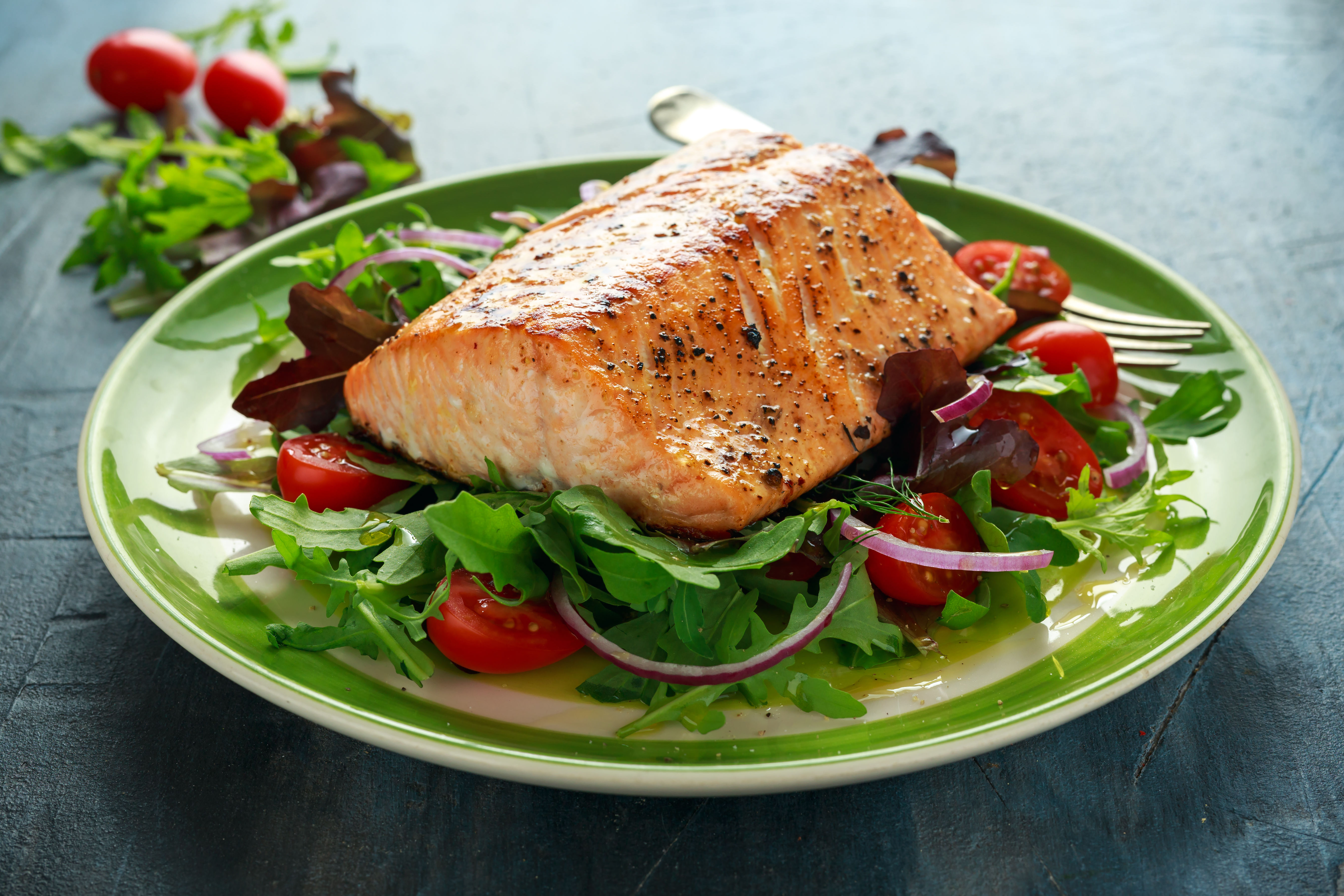
Inflammation is a process that helps the body fight things that could cause harm, like infections and injuries. It’s a healing process that is completely normal and healthy.
However, too much inflammation over time keeps the body in a constant state of alert and can begin to negatively impact organs and tissues. Chronic inflammation is even linked to serious health problems like cancer, heart disease, asthma and others.
Making lifestyle changes is one way to help fight chronic inflammation, especially by eating an anti-inflammatory diet.
6 foods to avoid
Unfortunately, many foods considered part of the traditional western diet can cause inflammation. When following an anti-inflammatory diet, avoid eating:
- Foods high in saturated fats (including red meat, cheese and foods made with saturated fats and oils)
- Full-fat dairy (such as cheese and whole milk)
- Refined grains (foods made with white flour, like cakes, cookies, bread and pasta)
- Processed sugars (foods made with cane sugar or corn syrup, including candy, cookies, cakes, soda and fruit juice)
- Processed foods (fast food and packaged convenience foods, like cookies, chips and microwave dinners)
- Foods that are high in sodium (including many soups and snack foods)
Remember, you may not immediately notice the health effects of avoiding these foods. Stay consistent and persistent to experience the maximum benefits.
10 foods that fight inflammation
Some anti-inflammatory foods, herbs and spices offer benefits similar to nonsteroidal anti-inflammatory drugs like ibuprofen. Other foods have been shown to reduce chronic inflammation over the long term, so you’ll want to keep these dietary changes for months and years.
Examples of diets to follow include the Mediterranean diet, DASH diet, and other Eastern-based diets that focus on eating foods such as:
- Wild-caught fish
- Spices like turmeric
- Unprocessed olive oil
- Vegetables (aim for a rainbow of colors on your plate)
- Garlic
- Walnuts
- Seeds and nuts
- Fruits
- Beans
- Whole, unprocessed grains
Despite the fight against eating grains in U.S. culture, we shouldn’t leave them out of a healthy diet. Whole grains, especially when they’re of the ancient grain variety, have many health benefits, including being anti-inflammatory.
Can an anti-inflammatory diet benefit me in other ways, like losing weight?
An anti-inflammatory diet can help lower your blood pressure, boost your mental health and cognitive function, and relieve other chronic issues. You’ll also reduce your consumption of refined sugars and processed foods, often higher in calories. Eating more nutrient-rich foods makes you feel more satisfied while consuming far fewer calories, which can help you maintain a healthier weight.
Where can I get help creating an anti-inflammatory diet?
- Read books and online resources offering anti-inflammatory diet advice
- Work with the University Health Center registered dietitian to create an individualized eating plan
- Find a buddy to join you in your lifestyle change to help you stay motivated
- Take a gradual approach by adding one new anti-inflammatory food to your diet each week while eliminating food that causes inflammation
Want guidance on creating an anti-inflammatory diet plan?
Call 402.472.5000 to schedule a nutrition counseling appointment with the health center registered dietitian. The first visit is covered by student fees and return visits can be submitted to private insurance plans. Learn more.